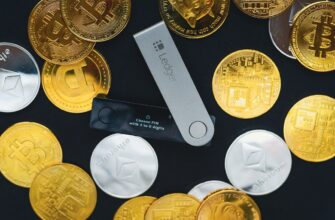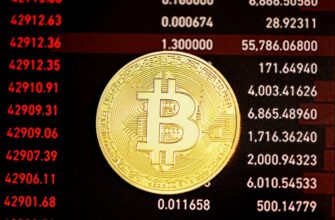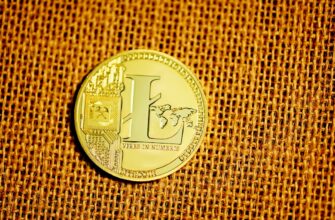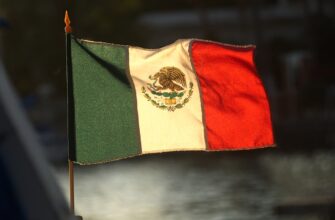- Your Bali Adventure Starts With Smart Currency Conversion
- Why Convert USD to Bali Rupiah?
- Current USD to Bali Rupiah Exchange Rate
- Best Places to Exchange USD to Bali Rupiah
- 5 Tips for Getting the Best USD to Bali Rupiah Rate
- Using Credit/Debit Cards in Bali
- USD to Bali Rupiah Conversion: Frequently Asked Questions
Your Bali Adventure Starts With Smart Currency Conversion
Planning a trip to Bali? One of your first travel tasks is converting USD to Bali Rupiah (IDR). While Bali uses Indonesian Rupiah, getting the best exchange rate can save you significant money for more massages, tours, or delicious Nasi Goreng! This guide covers everything from current rates to insider tips—ensuring your dollars stretch further in the Island of Gods.
Why Convert USD to Bali Rupiah?
Bali operates almost entirely on cash, especially in local markets, warungs (small eateries), and rural areas. While cards are accepted in hotels and upscale restaurants, you’ll need Rupiah for:
- Street food and local dining
- Market haggling at Ubud Art Market or Kuta Beach vendors
- Taxis, scooter rentals, and driver tips
- Entrance fees to temples like Tanah Lot
- Smaller guesthouses and homestays
Converting USD ensures you avoid dynamic currency conversion fees (DCC) and merchant markups.
Current USD to Bali Rupiah Exchange Rate
As of [Current Month/Year], 1 USD ≈ 15,600 IDR (rates fluctuate daily). Always check live rates via financial sites like XE.com or your bank app before exchanging. Bali’s rates often differ slightly from official averages due to local competition. Pro tip: Avoid airports—their rates are typically 10-15% worse!
Best Places to Exchange USD to Bali Rupiah
Bali offers multiple exchange options. Prioritize authorized money changers (look for PT licenses) for security and fair rates:
- Authorized Money Changers (e.g., BMC, Dirgahayu Valuta Prima) – Highest rates, transparent fees. Found in tourist hubs like Seminyak, Canggu, and Ubud.
- Bank Branches (BNI, Mandiri, BCA) – Reliable but slower; may require passport. Rates slightly lower than private changers.
- Hotel Reception Desks – Convenient but poor rates. Use only for emergencies.
- ATMs – Widely available. Withdraw IDR directly using debit cards (check int’l fees!).
Always count cash before leaving the counter and request a receipt.
5 Tips for Getting the Best USD to Bali Rupiah Rate
- Compare Rates – Walk down any busy street in Kuta; displays show competing rates.
- Bring Crisp, Unmarked $100 Bills – Larger denominations get better rates. Avoid torn or old bills.
- Skip Airports & Hotels – Rates here include hefty commissions.
- Exchange in Stages – Convert small amounts upon arrival, then hunt for better rates later.
- Use Fee-Free Cards – Get a travel card like Wise or Revolut for ATM withdrawals with low fees.
Using Credit/Debit Cards in Bali
Cards work in resorts and larger restaurants but come with caveats:
- Pros: Security, points accumulation, no need to carry large cash sums.
- Cons: 2-3% foreign transaction fees, dynamic currency conversion (DCC) traps, plus limited acceptance.
Key Advice: Always pay in IDR, not USD, to avoid DCC markups. Notify your bank of travel dates to prevent blocks.
USD to Bali Rupiah Conversion: Frequently Asked Questions
Q1: Should I exchange USD before arriving in Bali?
A: Only exchange a small amount for airport transport. Rates abroad are consistently better.
Q2: Are money changers in Bali safe?
A: Licensed ones (with posted PT numbers) are safe. Avoid “too good to be true” rates and unmarked shops.
Q3: Can I use USD directly in Bali?
A: Rarely. Some dive shops or villa rentals accept USD, but rates will be unfavorable. Stick to IDR.
Q4: What’s the maximum IDR I can bring into Indonesia?
A: You can bring up to 100 million IDR (~$6,400) without declaration. Higher amounts require customs paperwork.
Q5: How much cash should I carry daily?
A: 1-2 million IDR ($64-$128) covers meals, transport, and activities for two people. Use hotel safes for excess cash.
Q6: Do Bali ATMs dispense USD?
A: No. ATMs only provide Indonesian Rupiah. International withdrawal fees apply—check with your bank first.
Armed with these tips, you’re ready to maximize your USD to Bali Rupiah conversions. Focus on authorized vendors, avoid tourist traps, and embrace the vibrant cash culture. Selamat jalan! (Happy travels!)








